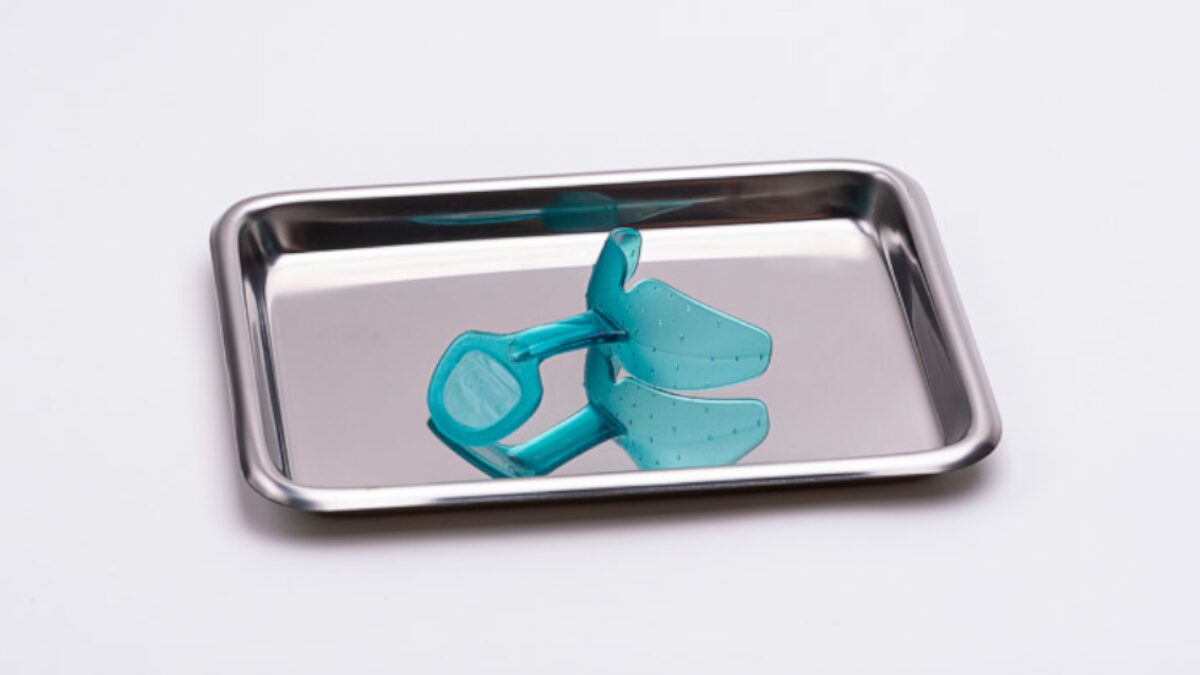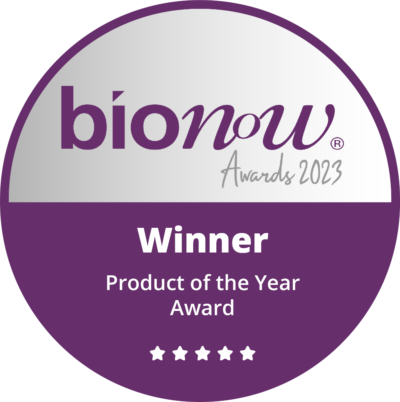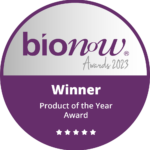Evidence
The use of IQoro in treating medical conditions is supported by scientific and clinical evidence.

Evidence summary
In order to be included on the NHS Business Services Authority Prescription Services (NHS BSA PS) listing in May 2022, IQoro was subject to a multi-year meticulous evaluation. Effectiveness, suitability for GP prescription and cost benefit were evaluated.
- The NHS BSA PS submission
- Scientific studies
- Patient Reported Outcomes – 4 years etc
- NHS Service Evaluation
- NICE MIBs
- Published book chapters
The NHS BSA PS submission
This multi-year evaluation of the suitability of IQoro for UK prescription status is the most comprehensive review of the device that has been conducted. This document shows the scope of the process and many of the issues that were raised and answered.
Scientific studies
There is a sequence of internationally published papers that show the evolution from early research into neuromuscular treatment through to the evidence for IQoro in clinical studies in treating dysphagia, Hiatal hernia and other conditions.
Patient Reported Outcomes
Each year, the company behind IQoro asks all users that have acquired an IQoro in the preceding 12 months for their views and experiences and what progress they feel that they have made.
This document shows a summary of 18,000 responses over a 5-year period.
NHS Service Evaluation
A Service Evaluation conducted by the Royal Devon and Exeter NHS Trust and supported by the South West Academic Science Network specifically evaluated the suitability of IQoro in treating patients in NHS acute, in-patient rehab, and community settings.
NICE Medtech Innovation Briefings
In late 2018 the company submitted evidence to NICE that resulted in two Medtech Innovation Briefings (MIBs) being issued. These referenced IQoro as a treatment for dysphagia after stroke, and for treating hiatus hernia.
These NICE MIBs, referenced in the NICE pathways, were early recognition of the promise of IQoro in treating reflux-based diseases and dysphagia, but do not reflect the current evidence status. They were concluded in late 2018 and published to the NHS in March 2019. Progress has been made since then.
For example, NICE pointed out the lack of a Randomised Control Study which has since been concluded and published. They also asked for a Service Evaluation of IQoro use in an NHS setting, which has since been completed by an Academic Health Science Network-funded study. Other reservations were also made.
The NICE MIBs are snapshots in time and not updated to reflect later evidence.
Treating children with Cerebral Palsy
Natalie Morris, a UK SLT, has researched the use of IQoro in treating saliva control dysfunction in children and young people with Cerebral Palsy using practice-based evidence outcome measures.
This work has been peer-reviewed, internationally published, and can be found under “Book chapters” here on this page.
The research was also presented at the MiNT (Masterclass in Neurotechnology) UK 2024 – “Clinical Application of Neurotechnology: Expanding a Disruptive Approach” at the Royal Society of Medicine in London in April 2024
Book chapters
The following two book chapters were published in 2021 and provide detailed explanations of the neurology of the swallow and more.

